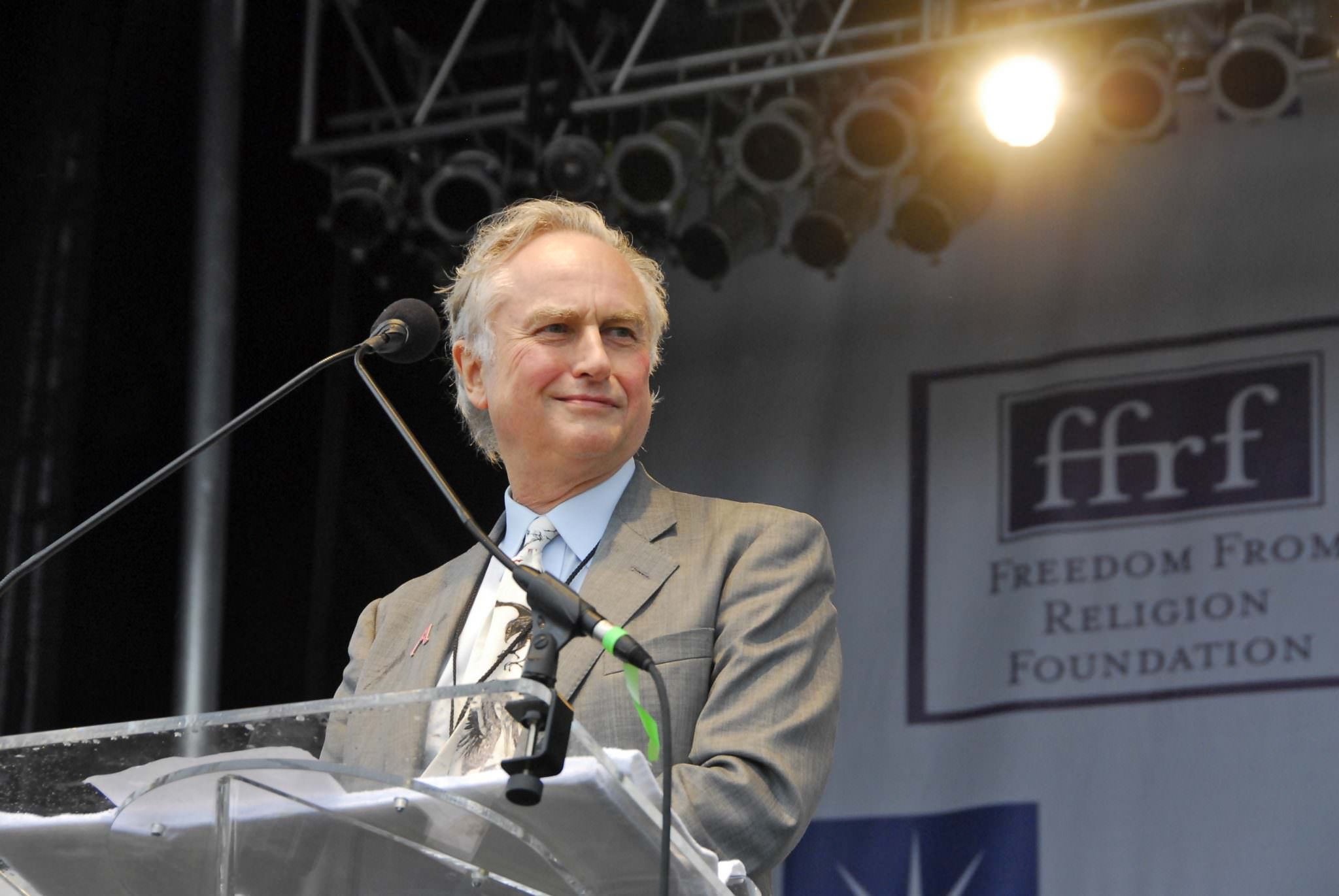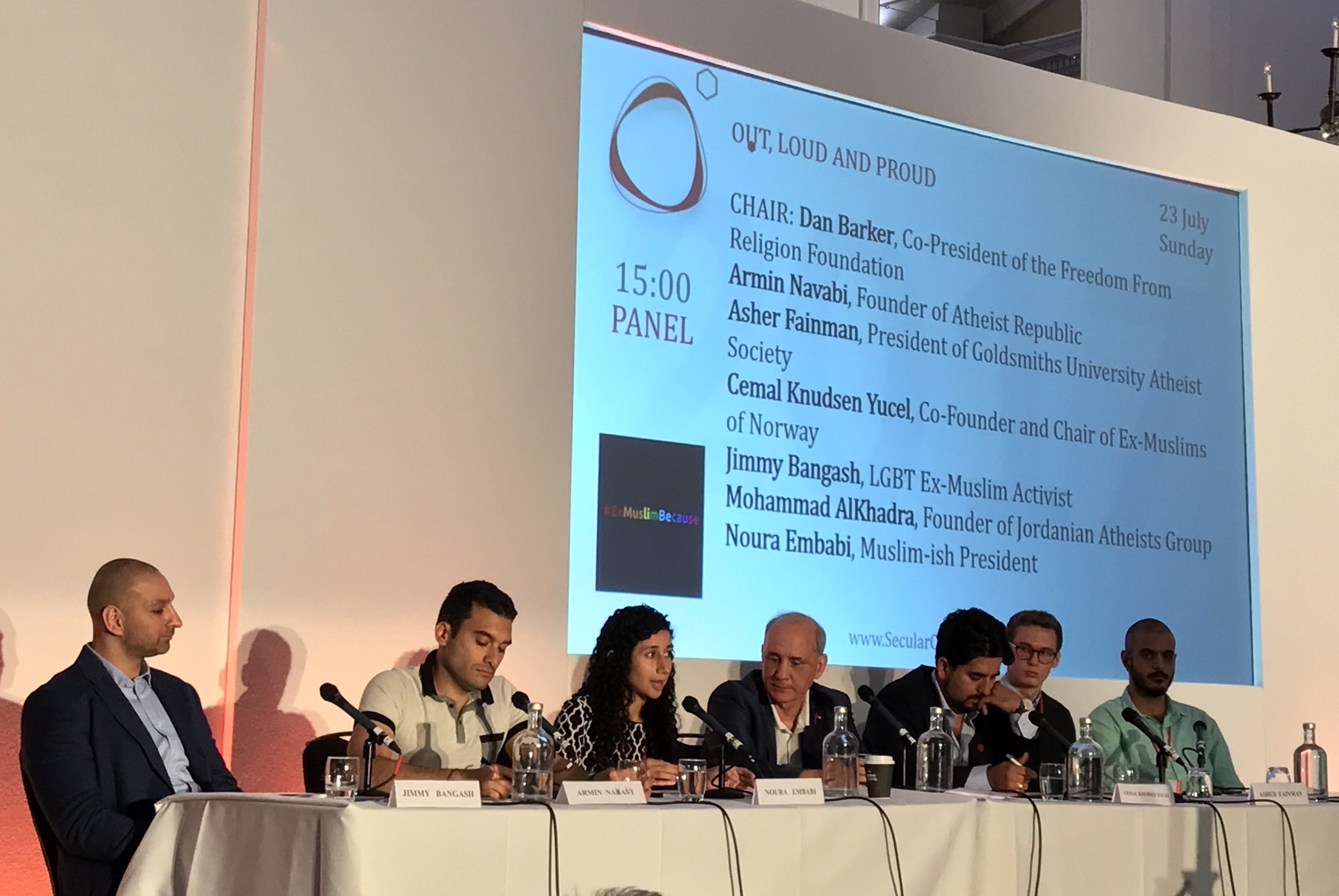Art and Culture
The Disinviting of Dawkins
When the moment arose, everyone was appalled by what he had to say and, as I recall, he quit his degree shortly after.

In my first year as an undergraduate, I was aware of the fact that we had a neo-Nazi on campus. I never met him, indeed to my knowledge I never saw him, for this was 1992 – years prior to the phenomenon of social media, when a university campus could be an anonymous place.
As I was not heavily involved with the Students’ Union there will no doubt be others that remember the events far more vividly than I do, but the matter appeared to be handled with aplomb. There was some fraught but brief discussion about the man’s appalling views and some members put forward compelling reasons why he should not be given a platform; there was precedent for no-platforming neo-Nazis (albeit in a political context), and in truth there were few who desired any exposure to such delusional poison.
In the end, however, it was decided that free speech was so central to the Union’s principles that not even this odious member should be denied his request for a time-slot to speak. When the moment arose, everyone was appalled by what he had to say and, as I recall, he quit his degree shortly after.
There is a strong case, I believe, for refusing a platform to the likes of neo-Nazis, and to this day I remain open minded about whether the Union made the right decision back in 1992. But the case illustrates the fact that providing a platform can often be the most effective policy – even when faced with genuine hate-speech.
Sadly, for such a delicate situation to be handled with such maturity and intelligent thought would on many of today’s campuses be unlikely. One does not have to be a fascist hooligan to find oneself denied a platform – far from it. An increasing number of high-profile academics are finding themselves barred from various establishments that are supposedly in the business of thought. Jamie Palmer has addressed the issue in this very magazine, and my first article here was about the attempted no-platforming of Professor Germaine Greer by students at Cardiff.

The latest to join the list of fine academics declared unfit to speak at a supposedly learned venue is Professor Richard Dawkins. The Northeast Conference on Science and Skepticism, a forum that prides itself on being “a celebration of science and critical thinking” and with a declared goal of “fostering a more rational world” has decided that Dawkins’ sharing of a satirical video in a tweet that he later deleted warrants him being disinvited from the NECSS 2016. In a statement, the committee said:
The Northeast Conference on Science & Skepticism has withdrawn its invitation to Richard Dawkins to participate at NECSS 2016. We have taken this action in response to Dr. Dawkins’ approving re-tweet of a highly offensive video. We believe strongly in freedom of speech and freedom to express unpopular, and even offensive, views. However, unnecessarily divisive, counterproductive, and even hateful speech runs contrary to our mission and the environment we wish to foster at NECSS. The sentiments expressed in the video do not represent the values of NECSS or its sponsoring organizations.
There are two important issues here: one is that Dawkins does not promote hate-speech, and to accuse him of such on the basis of one deleted retweet is preposterous hysteria. He does – and I say this as a fan– put his foot in it, occasionally on Twitter. Somehow the constraints of 140 characters combined with the rapid-fire involvement of a varied and sometimes unhinged troop of followers (and haters) does drive him a little crazy. But the man writes prose like an angel. Always moderate and eloquent when given time and space to explain his position. He has said in a statement:
It is possible I could have allayed the committee members’ concerns, or, if not, at least we could have talked through their objections to my tweet. If our community is about anything it is that reasoned discussion is the best way to work through disagreements. … The science and scepticism community is too small and too important to let disagreements divide us and divert us from our mission of promoting a more critical and scientifically literate world.
The second issue is this: the idea that to offer a platform to a speaker somehow lends legitimacy and implied support to every single one of their individual beliefs and opinions is a fallacy. Indeed, I would go further and call it idiocy – not what one would expect from a group that claims to promote rational thought.
There are those who would argue that disinviting a speaker from one particular event has absolutely nothing to do with free speech – that all groups and societies have the right to select speakers and discussion topics based upon their own philosophies, what is of the most potential interest to their members and what kind of tone they wish to set for their event. This is true. It is nobody’s duty to provide a speaker with a platform and it is nobody’s right to speak upon somebody else’s. Yet the ever-increasing frequency with which a variety of fine academics have been declared as unfit speakers at venues that purport to be in favour of free thought should surely give us pause. As the inimitable Maryam Namazie said this week, “if you no platform everyone you disagree with, there will be no one left to speak”.
In this particular case, it is the withdrawal of a previously-issued invitation without engagement or discussion with the invited speaker that seems particularly crass. Dawkins is a renowned academic but a controversial figure for some – the committee presumably knew this when they invited him, unless they have been living under a rock for the past decade.
Dawkins has made fiery, sometimes outrageous tweets for years, and I simply cannot understand why this particular tweet has upset some members of the committee so much. My suspicion is that its content (which poked fun at both Islamism and radical feminism and drew parallels between the two) was simply too much for the cosy intellectual groupthink that so many people are now prone to.






